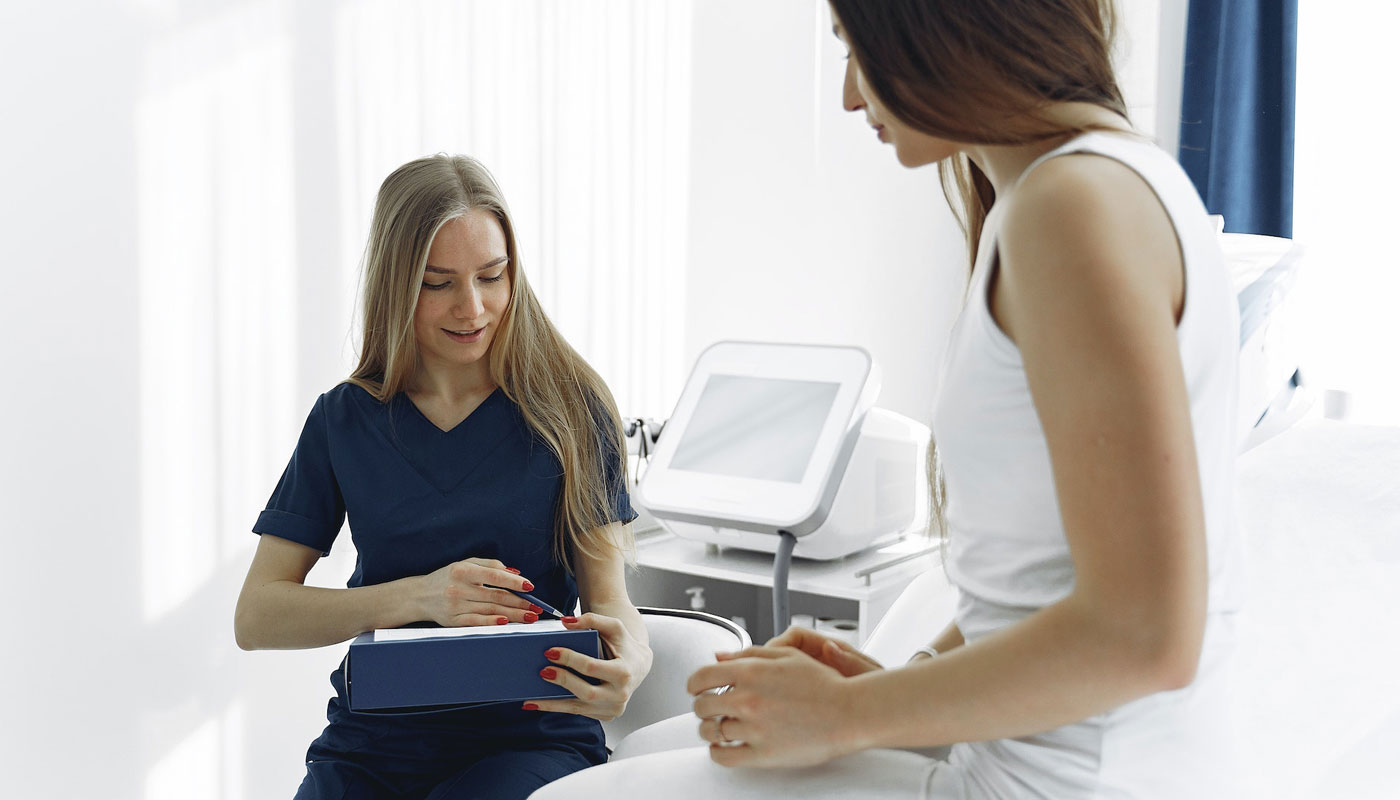
Routine women’s health check-ups are not just a medical tradition; they are a cornerstone of well-being. These regular appointments with healthcare providers are designed to assess, maintain, and optimize women’s health throughout their lives. In this blog post, we’ll explore the significant importance of these check-ups in safeguarding the health and longevity of women.
1. Early Detection and Prevention
One of the primary purposes of routine women’s health check-ups is the early detection and prevention of health issues. Regular screenings and examinations can identify potential problems long before they become symptomatic. For example, mammograms and Pap smears can detect breast and cervical cancer at stages where they are highly treatable. High blood pressure, diabetes, and other chronic conditions can also be diagnosed early, allowing for prompt intervention and better outcomes.
2. Gynecological Health
Regular visits to a gynecologist are essential for maintaining gynecological health. These check-ups help in monitoring menstrual health, identifying issues like polycystic ovary syndrome (PCOS) or endometriosis, and addressing concerns related to sexual health and reproductive well-being.
3. Family Planning
For women of childbearing age, women’s health check-ups play a pivotal role in family planning. Healthcare providers can offer guidance on contraception options, fertility concerns, and preconception care. Pre-pregnancy check-ups are vital to ensure the healthiest start for both the mother and baby.
4. Mental Health and Emotional Well-Being
Women’s health check-ups encompass not just physical but also mental health. Healthcare providers can address mental health concerns, such as depression and anxiety, and provide guidance on stress management and self-care.
5. Menopausal and Post-Menopausal Care
As women age, hormonal changes and the onset of menopause can bring unique health challenges. Routine check-ups assist in managing menopausal symptoms, addressing bone health, and minimizing the risk of osteoporosis and cardiovascular conditions.
6. Personalized Preventive Care
Each woman’s health journey is unique, and routine check-ups provide an opportunity for personalized preventive care. Healthcare providers can tailor screenings and advice based on individual risk factors, family history, and lifestyle, ensuring the most relevant and effective healthcare plan.
7. Trusted Medical Guidance
Women’s health check-ups serve as a platform for open and honest communication with healthcare providers. They provide an opportunity to discuss concerns, ask questions, and receive expert guidance on a wide range of health issues, from nutrition and exercise to sexual health and cancer prevention.
Conclusion
Routine women’s health check-ups are not just about treating illness but about preventing it, optimizing health, and empowering women to take control of their well-being. The importance of these check-ups extends far beyond the doctor’s office; they are a commitment to long-term health and a pathway to a healthier, more fulfilling life. By prioritizing routine women’s health check-ups, women can invest in their future health and well-being, ensuring they have the support and knowledge they need to lead vibrant and healthy lives.